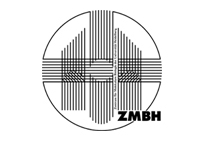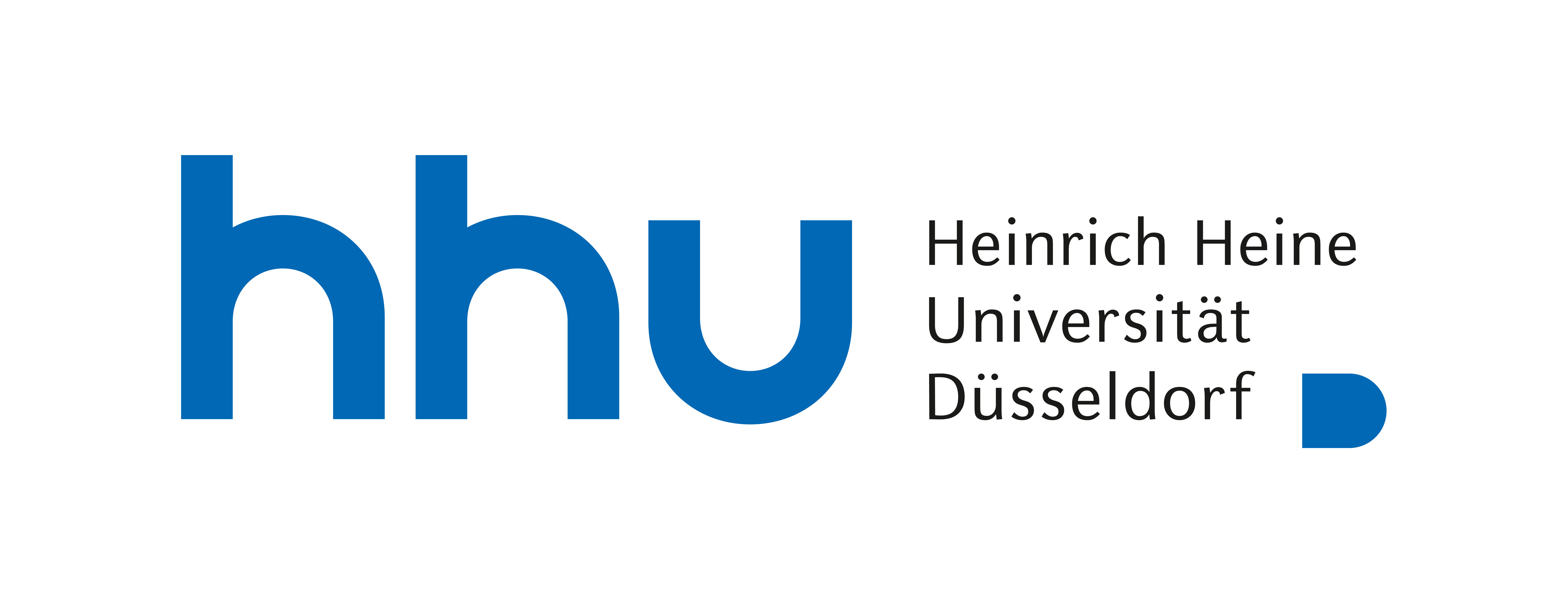The imaging workshop, organised by Beatrice Lace and Thomas Ott from the SFB 1381 Z03 project, takes place on Tuesday, Nov 26 2024. The event is composed of two parts: a lecture part in the morning (9-12) and a hand-on session in the afternoon (1-4pm).
Abstract
The analysis of dynamic changes within protein assemblies in real time and in their native environments can most often not be assessed by biochemical approaches. To overcome this limitation, the use of different cell imaging strategies is required, in order to gain deeper and spatially resolved insights into such protein machineries and complexes.
This workshop will give an overview of the different imaging techniques provided by the Z03 project, ranging from the main imaging systems and software packages available at the Life Imaging Center (LIC) to insights into advanced approaches such as FLIM, TEM/CLEM or super-resolution microscopy. We will also review the most important steps to consider when setting up an imaging experiment, from the choice of the microscopy system to the experimental design, and provide the participants with a tool-box of resources available on the web that could help them to establish their specific imaging workflows.
During the hands-on training session of the afternoon, you will be introduced to two leading software for image deconvolution (Huygens) and 3/4D image analysis (Imaris). Deconvolution can help researcher to distinguish small or subcellular structures by improving image resolution after image acquisition. Typically applied to widefield fluorescence microscopy, it also has applications in confocal microscopy and light sheet imaging. During the hands-on session, participants can try out the deconvolution wizard for beginners, object stabiliser, hot pixel remover and other useful tools. Imaris software includes a comprehensive suite of features such as colocalization, tracking, and AI-assisted segmentation, making it an indispensable tool for researchers and scientists in the field of microscopy. Participants will learn how to upload data in Imaris and create workflows, facilitating intuitive and efficient quantitative analysis of 3D and 4D microscopy data.
This workshop mainly targets participants who are interested in conducting such analysis in the frame of their individual projects. Participants only need basic or very little knowledge of imaging methods, image analysis and post-processing, but also more experienced users will profit from the wide range of introduced techniques.
If you are interested in participation, please contact the SFB coordination office (sfb1381@biochemie.uni-freiburg.de).









